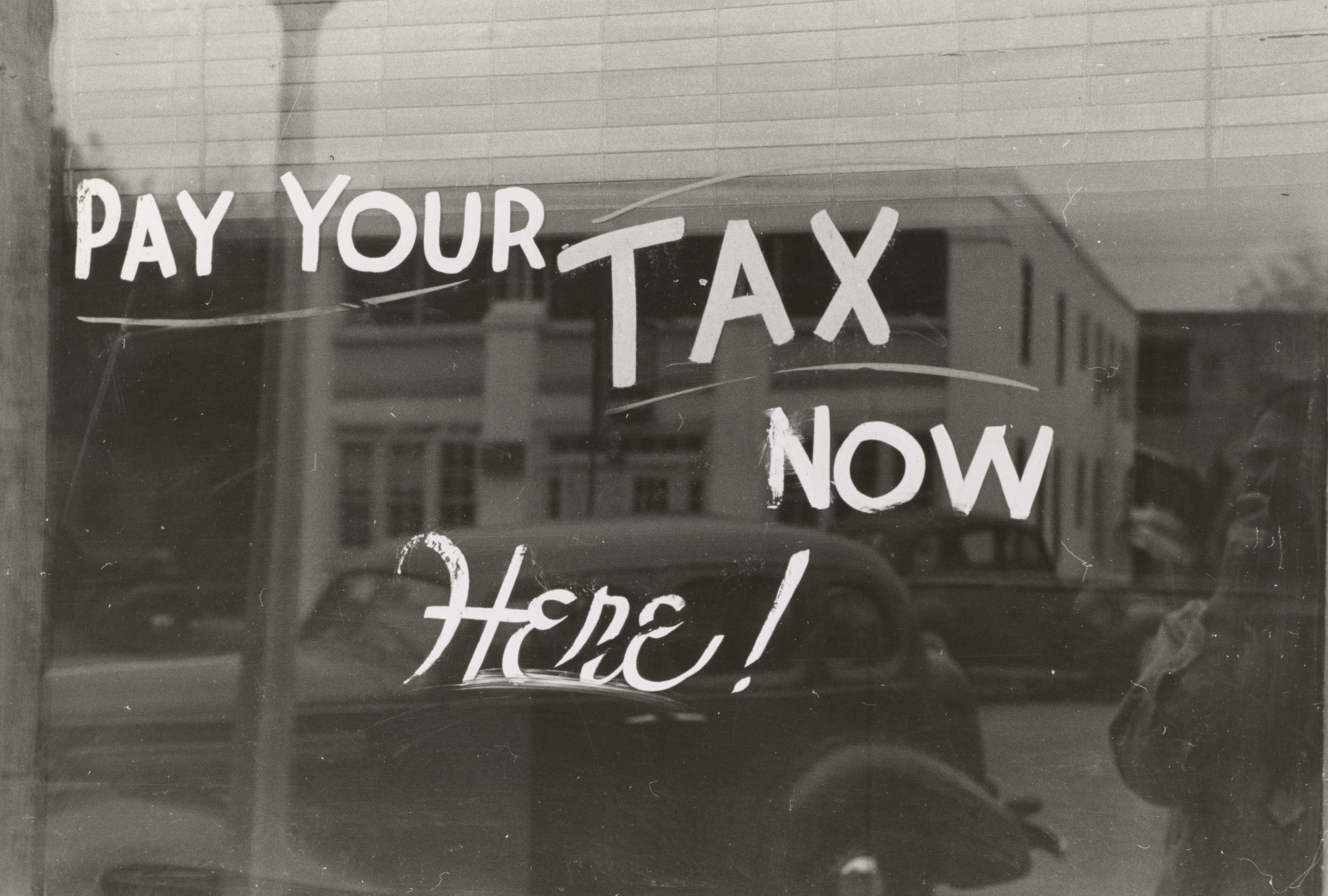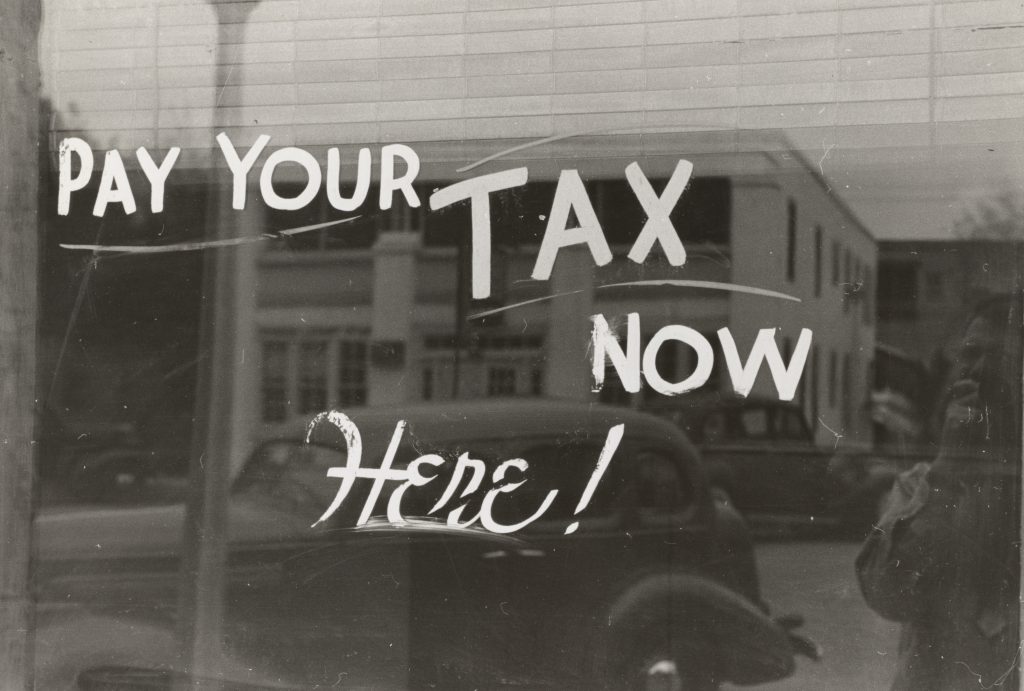

The Tax Court recently issued a ruling that addresses the tax-affecting of pass-through entity earnings in valuing a portion of the entity. The case, Estate of Aaron Jones v. Commissioner, involved valuing interests in pass-through entities engaged in the lumber industry for the purpose of determining gift tax.
In valuing the taxpayer’s interest in the companies, the taxpayer’s valuation expert tax-affected projected earnings by 38 percent, because the valuation in question was as of 2009. He then applied a 22 percent premium for holding pass-through entity tax status because of the benefit of avoiding the dividend tax.
The IRS argued that there should be no tax imputed because (a) there is no tax at the entity level, (b) there is no evidence that the entity would become a taxable C corporation, and (c) tax-affecting abandons the arm’s-length formulation of fair market value, “in the absence of a showing that two unrelated parties dealing at arm’s length would tax-affect” the interest’s earnings “because it inappropriately favors a hypothetical buyer over the hypothetical seller.”
The estate’s expert argued that a tax rate of zero would overstate the value of the interest, because the partners are taxed at their ordinary rates on partnership income whether or not the company distributes any cash, and a hypothetical buyer would take this into consideration. He also argued that the hypothetical buyer and seller would take into account the benefit of avoiding dividend taxes.
Interestingly, the court noted that while the IRS “objects vociferously” to the estate expert’s tax-affecting of income, the IRS’ experts were silent on the matter. “They do not offer any defense of respondent’s proposed zero tax rate. Thus, we do not have a fight between valuation experts but a fight between lawyers.”
An emerging path
Taxpayers – and the valuation community – have been fighting the IRS over this issue for years, starting with Gross v. Commissioner in 1999 (TCM 1999-254), which rejected the use of tax-affecting when valuing pass-through entities. Courts have generally sided with the IRS in opposing the tax-affecting of pass-through entities in subsequent cases such as Estate of Gallagher v. Commissioner in 2011 (TCM 2011-148).
Jones is the second notable decision this year in which a court has supported the use of tax-affecting in valuing pass-through entities in cases where additional adjustments were made to address the economic benefits of such entities. The other case, Kress v. United States, was decided in March by the District Court for the Eastern District of Wisconsin (16-C-795). There, as in Jones, the court’s decision relied heavily on the taxpayer’s expert.
In Jones, the court went back to the Gross case, quoting from Gross that “the principal benefit that shareholders expect from an S corporation election is a reduction in the total tax burden imposed on the enterprise. The owners expect to save money, and we see no reason why that savings ought to be ignored as a matter of course in valuing the S corporation.”
The court also referenced Gallagher and Estate of Giustina v Commissioner (TCM 2011-141), stating that all three cases did not question the efficacy of taking into account the pass-through tax status, but rather how to do so.
The court credited the estate’s expert for recognizing both the immediate tax burden posed by a pass-through entity’s income, and the benefit of avoiding the dividend tax. The “tax-affecting may not be exact, but it is more complete and more convincing than respondent’s zero tax rate.”
The case is Estate of Aaron Jones v. Commissioner, TCM 2019-101, Docket No. 27952-13, filed August 19, 2019. See pages 36-42 for pertinent details.
The decision is available here:
